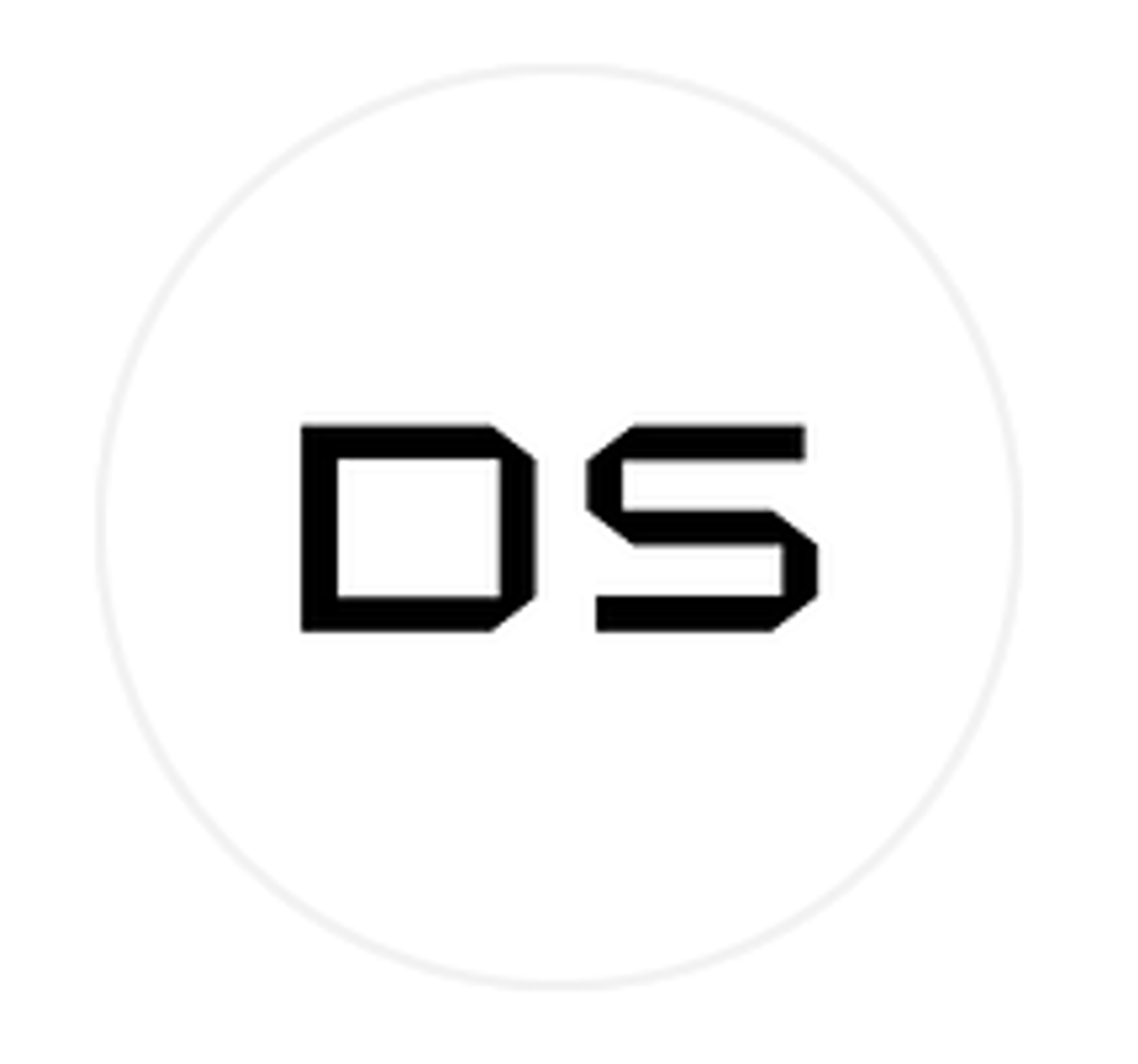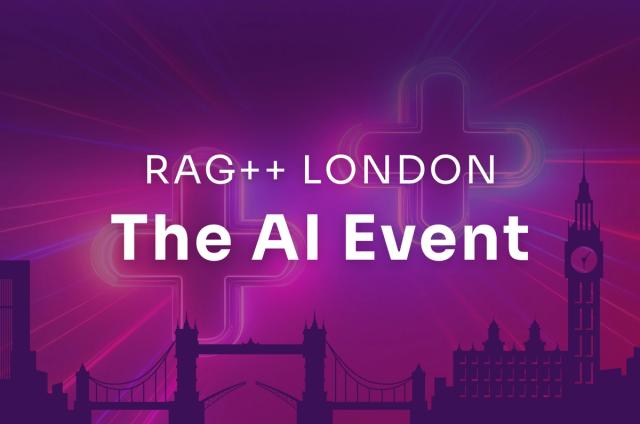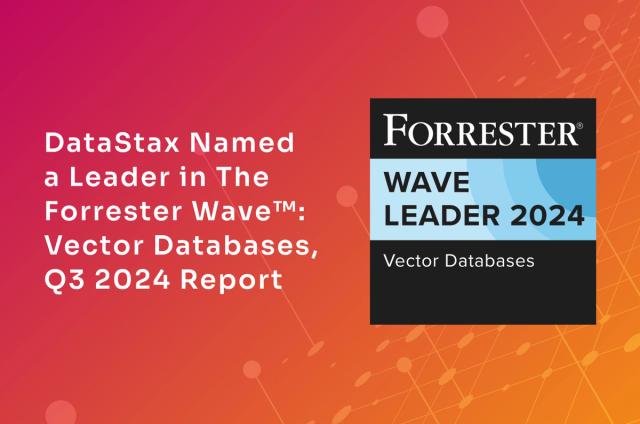Share Your Knowledge at the Premier Apache Cassandra® Conference

Here at DataStax we’re already looking forward to DataStax Accelerate, the world’s premier Apache Cassandra® conference. The conference is being held May 21-23, 2019 in National Harbor, Maryland. Register as soon as possible to secure your spot!
Of course, a conference is only as good as the quality of its content, and that’s where you come in. The Cassandra community would love to hear from you. Yes, you! The Call for Papers (CFP) closes Feb. 15, 2019, but we highly encourage you to get your submission in before then.
Why Should You Submit a Paper?
Speaking at an event like DataStax Accelerate can be great for your career, the community, and for your budget. Here’s why:
It’s great for your career
There is no doubt that being good at public speaking, especially when it comes to clearly articulating technical topics, is a great for your career. Being good at presenting will set you apart from many in your company and industry—it means you can deliver sales presentations, influential talks, and engage audiences at group events. Even if you’re not actively seeking career advancement, speaking at conferences can open doors you never knew existed.
It’s great for the community
A key indicator of the health of an open source community is the quality and quantity of its collective set of knowledge. By sharing your knowledge and expertise with your peers, you will only make the Apache Cassandra community stronger. A stronger community means higher-quality and more innovative contributions—a win-win for everyone.
You get a complimentary pass
If your CFP is accepted, you get a FREE pass! Each session is allowed one primary speaker and one co-speaker. The primary speaker will receive a complimentary conference pass and the co-speaker will receive a discounted conference pass.
What Should You Speak About?
If you’re still a bit stumped on what to speak about, here are some potential topics to get you started:
- Cassandra fundamentals – Apache Cassandra fundamentals and how they apply to building applications in a highly distributed fashion.
- Modern applications – Examples of how and why Cassandra enables us to rethink what’s possible when it comes to data management for modern applications.
- Hybrid and multi-cloud – The technical challenges and business impact of implementing hybrid and multi-cloud.
- Application development – Use cases and best practices for advanced application development with Cassandra.
- Cassandra operations – Best practices for configuring and maintaining Cassandra.
- Graph – Application use cases for identifying and analyzing hidden relationships between connected data using Graph.
Tips For Submitting
If you’re not sure what to talk about, have never written a CFP before, or just don’t know where to start, here are some tips for you:
1. Tell your story
Tell your story and what you learned along the way. Not every talk has to be groundbreaking. Have you ever been stuck on a problem and come up with an innovative solution? Sometimes it’s just a little thing that comes up that starts you thinking in a completely different way. These lessons we learn on a day-to-day basis can also be valuable to others in the community. Of course, if you come up with something completely revolutionary, we’d love to hear about that as well!
2. Choose your audience
When outlining your talk, decide who your audience is. For example, are they developers, architects, or IT executives? Think of what that attendee might want to hear about. In your submission, if you have a specific audience in mind, describe who they are and what you expect them to gain from your presentation.
3. Include sufficient detail in your abstracts
The Review Committee has the task of reading every submission and identifying the best talks. Oftentimes ` submissions include very little detail. Unfortunately, without sufficient detail we won’t be able to accurately assess whether your session is a good fit for the conference. You don’t need to write a book, but some details on what the talk is about and what value the attendees will get from it goes a long way. Don’t forget, you are selling your talk and trying to make it stand out.
4. Pick a focus area and stick with it
When you have been involved in a large project, it’s easy to want to talk about all the details that made it successful. These are 40-minute talks (35 minutes plus a 5-minute Q&A), so narrowing the focus to a few points will really elevate the quality of your talk. This is a technical conference and the people attending will want to know the fine details. Diagrams and small code snippets are always welcome. And avoid the dreaded wall of text! Slides with lots of text and a small font size can be difficult to follow while sitting in the audience.
5. Give the talk you would want to attend
Think about when you were first getting started with Apache Cassandra. What would you have wanted to learn? If you are giving a more advanced talk, think about the kind of information that would be helpful. This is a conference of peers. We talk to each other and learn. Most likely you have seen talks that you have loved and talks that left you wanting more. Think about the great talks that you loved and do that!
6. Avoid sales pitches
We definitely do not expect every presentation to have code snippets and technical deep-dives, but there is one thing that you should avoid when preparing your paper because it takes away from the integrity of the event and is rarely well-received by conference attendees: a sales pitch. There are plenty of ways to give a presentation about projects and technologies without focusing on company-specific efforts. Think of ways to make it interesting for attendees while sharing your experiences, educating the community about an issue, or generating interest in a project.
Questions?
We understand that getting that paper submitted can be daunting. So, if you need help or just want to talk about your idea, feel free to reach out to us at accelerate@datastax.com.




